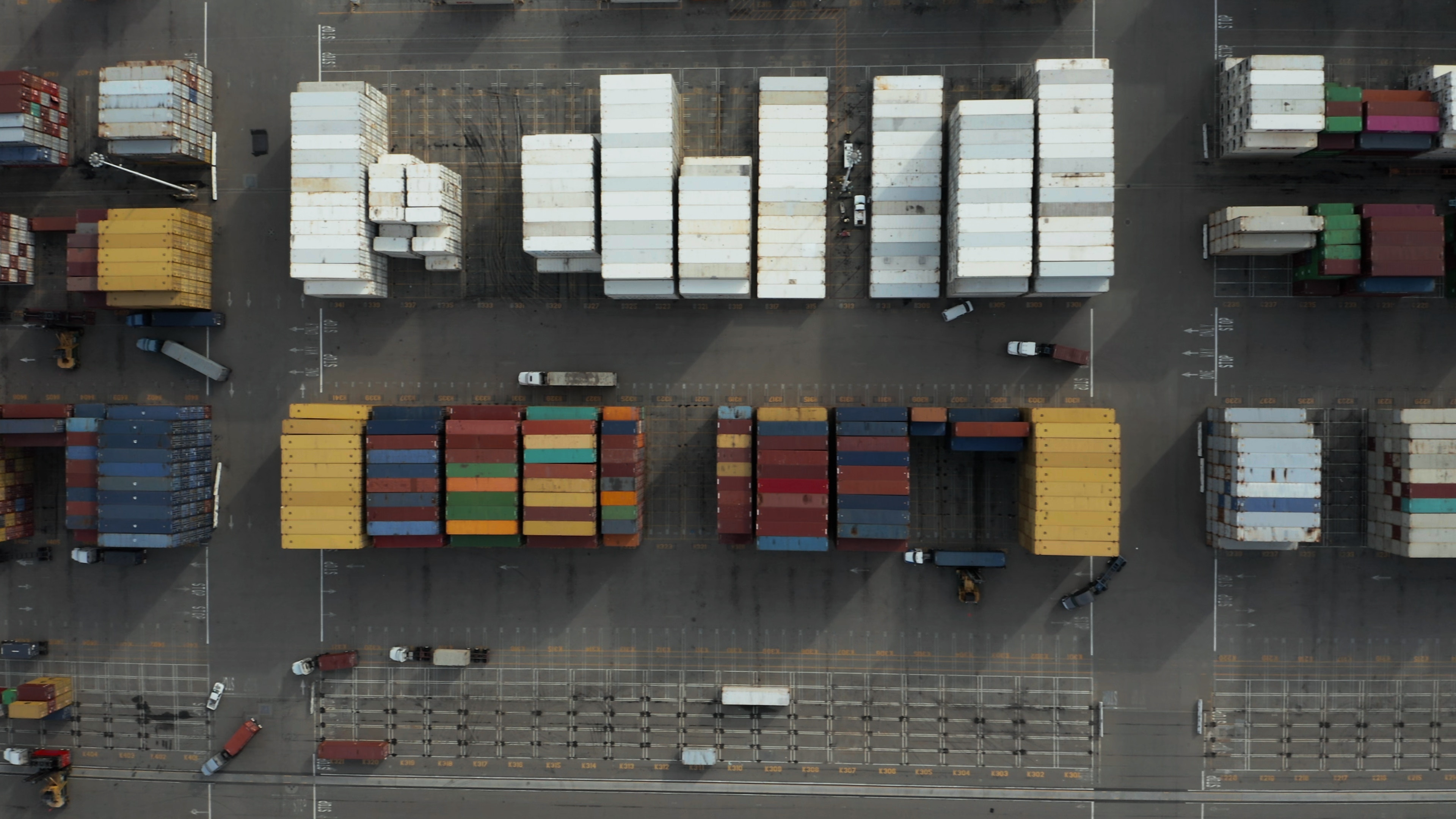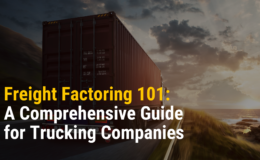It was almost a year ago that the trucking industry experienced a huge crunch to get goods from shippers to stores across the United States.
For customers, this meant they could get a jump start on holiday shopping. The reality is that manufacturers and other businesses were worried about the future of relations and impending tariffs.
Now, with international trade in the spotlight, the trucking industry is bracing for the potential results of US relationships with China and other countries and how domestic freight could be impacted.
Overstocked Ports
One holdover from impending tariffs is that businesses stocked up on goods and raw materials from overseas, some of which are still sitting at ports on the West Coast.
No matter which direction international trade relations go, the trucking industry still has orders to deliver those shipments to their destinations in order to stay ahead of higher tariffs.
International Trade Is Impacting Growth
While last year’s rush positioned many trucking companies for growth, the industry as a whole has been experiencing much slower growth overall.
If international trade talks result in even higher tariffs, expect freight industry growth to fall even more, and for shippers to gain more leverage in contract agreements with trucking companies.
There Most Likely Won’t Be a Second Rush
Proposed tariffs on international trade with China would be placed on toys, electronics, clothing, and raw materials.
If this happens, shippers are not going to pour money into goods for another rush and then continue to pay to keep overflow stock at the docks.
As we enter the slow season, shippers may simply wait things out to see where the chips fall with international trade talks.
Openings for New Supply Chains
The potential consequences of international trade talks with China and higher tariffs are not all negative. If tariffs are imposed on China, it will likely increase imports from Europe and smaller markets in Asia.
This would mean most imports would be arriving on the East Coast, and smaller shipments across the Pacific would end up going by rail to the Midwest.
International trade and high tariffs will not force freight to grind to a halt; they will just change where we do most of our business.







